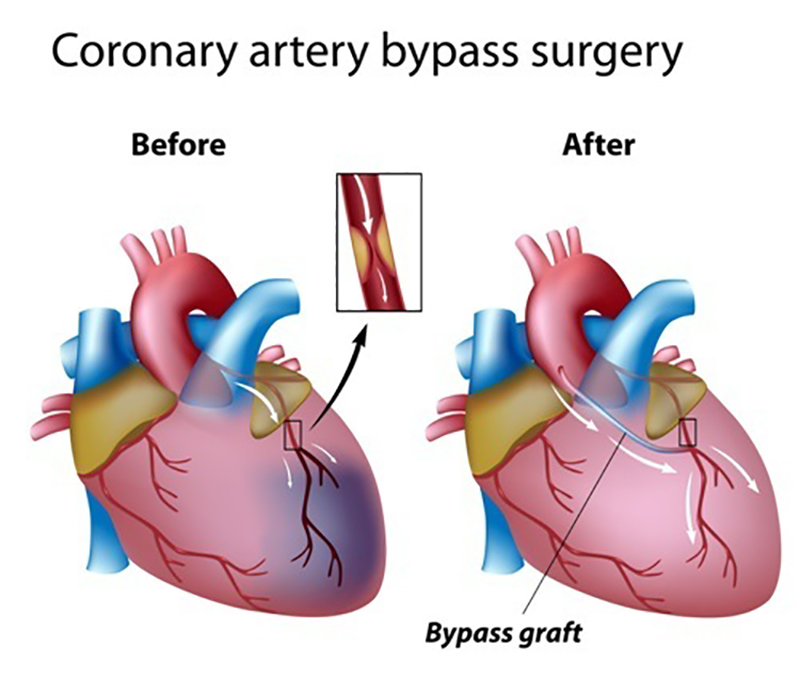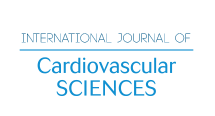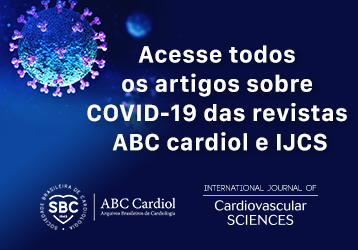Volume 32, Nº 2, Março e Abril 2019
DOI: http://www.dx.doi.org/10.5935/2359-4802.20180092
ARTIGO ORIGINAL
Behavior of Pulmonary Function after Hospital Discharge in Patients Submitted to Myocardial Revascularization
André Luiz Lisboa Cordeiro
Letícia Gardênia Romualdo da Silva
Milena Oliveira Pinto
Jaclene da Silva Araújo
André Raimundo Guimarães
Jefferson Petto

Abstract
Background: Coronary artery bypass grafting (CABG) is a type of surgery where there is a compromise in one or more coronary arteries, with the objective of restoring function to the areas that have been compromised in the heart, possibly leading to respiratory compromise and postoperative complications. The return time of the pulmonary function to the preoperative condition is still indeterminate in the literature.
Objective: To describe the behavior of pulmonary function after hospital discharge in patients submitted to CABG.
Methods: This is a prospective cohort study. Only patients undergoing MRI, whose lung function was evaluated preoperatively, at hospital discharge and 30 days after surgery, were evaluated. This evaluation consisted of maximum inspiratory pressure (MIP) and expiratory (MEP), vital capacity (VC) and expiratory flow peak (EFP).
Results: A total of 30 patients were evaluated, of which 18 (60%) were males, mean age 62 ± 9 years. A reduction in lung function from preoperative time to hospital discharge was observed in all variables. There was improvement in MIP (88 ± 9 vs 109 ± 5, p < 0.001), MEP (67 ± 10 for 90 ± 8, p < 0.001) and EFP (310 ± 59 for 390 ± 32, p < 0.001), high for review. At the time of the review, no variables returned to their preoperative value: MIP (116 ± 5 for 109 ± 5, p = 0.43), MEP (111 ± 8 for 90 ± 8, p < 0.001), VC (45 ± 12 for 39 ± 7, p = 0.33) and EFP (430 ± 40 for 390 ± 32, p < 0.001).
Conclusion: It is concluded that MRI surgery reduces lung function and is not reestablished after 30 days of the procedure. Being the expiratory muscular force and the peak of expiratory flow the most affected. (Int J Cardiovasc Sci. 2019;32(2)104-109)
Keywords: Cardiovascular Diseases/physiopathology; Coronary Artery Bypass, Myocardial Infarction; Myocardial Revascularization; Patient Discharge.











